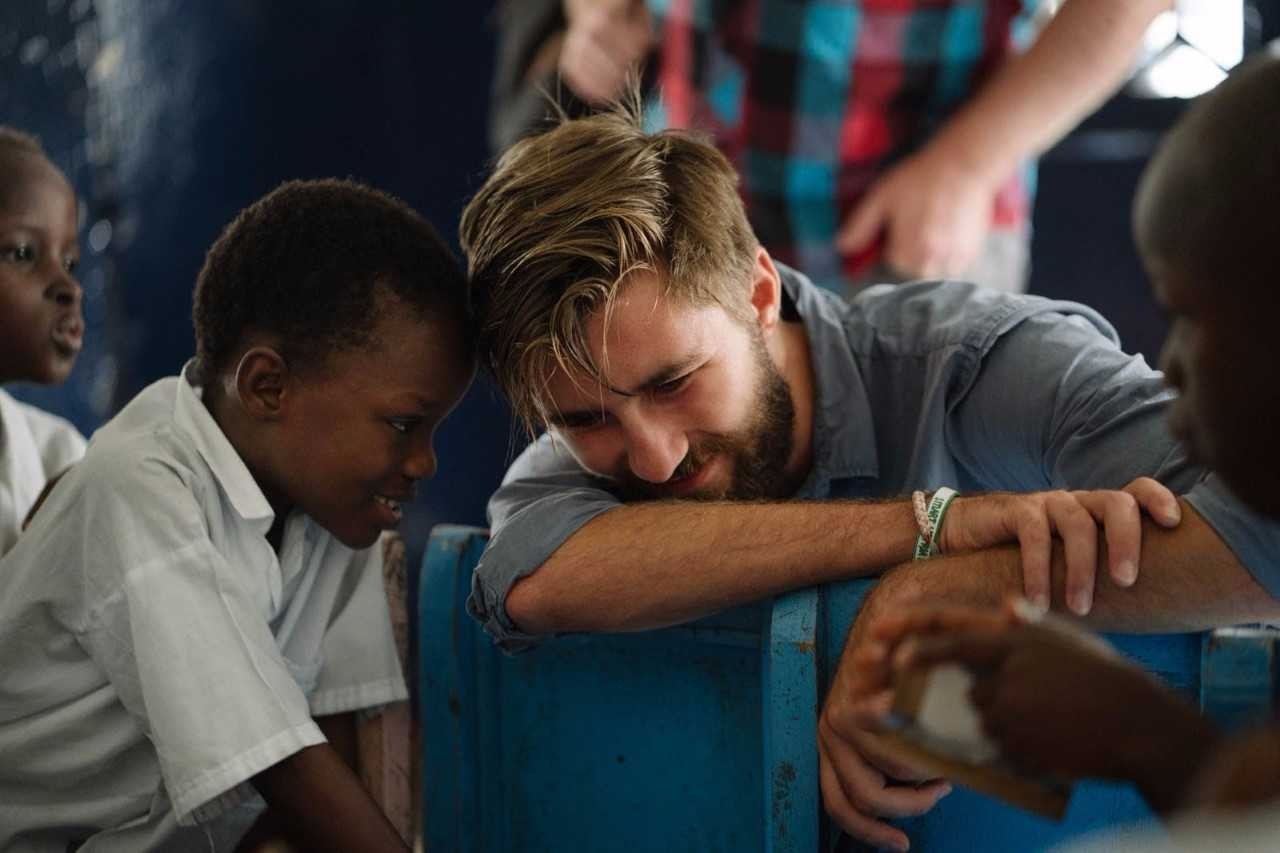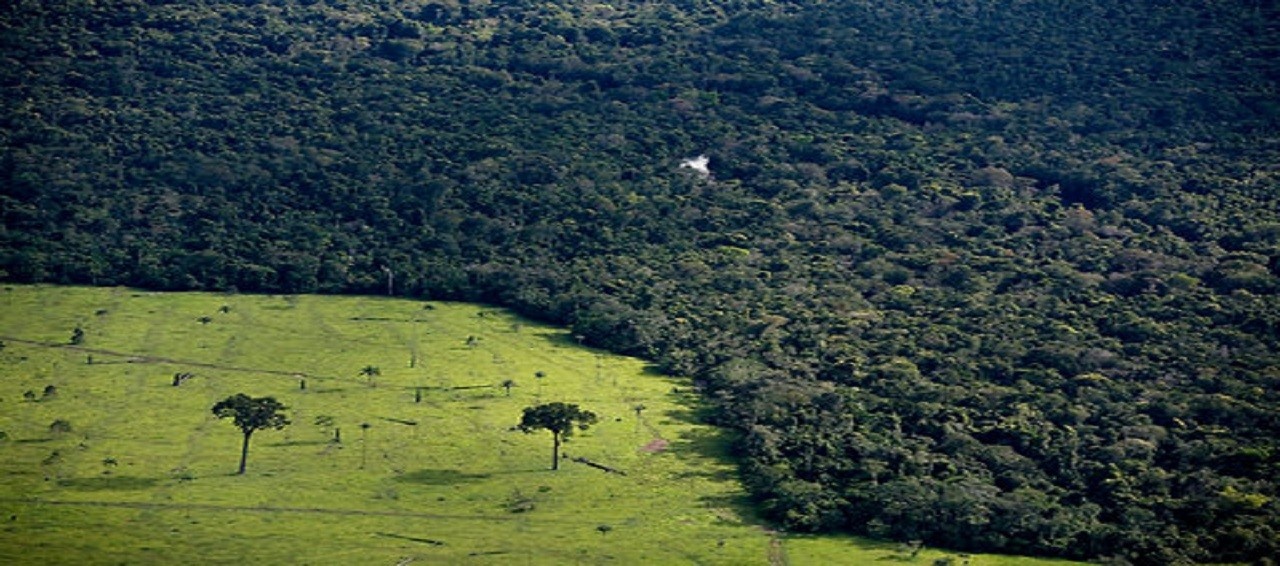Taylor Quinn
BA IDS & Social Anthropology 2015
Hampton Creek - food technology (Liberia)

Taylor Quinn knew that there was more to International Development than the non-profit sector.Â
Now he is an Emerging Markets Director in Liberia
In his undergraduate studies, Taylor Quinn says his interests centred on the role of business in development and the core systems of food, global health and education.
“There needs to be more people like us with degrees in things like development getting outside of the non-profit space,” says Quinn.
Since 2015, Quinn has worked at , a food technology company, as the emerging markets director. Hampton Creek produces and sells healthy, sustainable and low cost food, including mayonnaise, cookies and salad dressing.
There needs to be more people like us with degrees in things like development getting outside of the non-profit space
“People shouldn’t have to make a choice between good food and good taste or good food and affordability,” says Quinn.
Originally from North Vancouver, British Columbia, Quinn now splits his time between Monrovia, Liberia and San Francisco, California. As the emerging markets director, Quinn’s goal is to build and produce nutritious, but affordable food that is both culturally relevant and made locally.
In Liberia, Quinn has worked with a chef, food processing companies and smallholder farmers to produce a Cassava-based porridge. Quinn says the porridge provides the sufficient amount of vitamins and minerals for children to thrive and be healthy. In addition, he also works with the Liberian government to create food safety laws.
With Hampton Creek, Quinn has also travelled to the United Kingdom, Sierra Leone, South Africa, Ivory Coast, Kenya, Armenia, Morocco, and the United Arab Emirates.
Quinn says the most rewarding part of working with Hampton Creek is the ability to have conversations and work with the people he serves everyday.
“I wake up everyday and don’t feel like I have a job,” says Quinn. “It’s too important not to do.”Â
Dal was this launching point for me to really build my adult self...It was the environment where I was able to craft the human being I wanted to be
In 2011, Quinn started at ±«Óătv University. Quinn says the school offered “a really holistic university experience.” Quinn says that ±«Óătv not only offered a strong academic culture, but also a sense of community, volunteering and engagement.
“I feel so lucky with the experience I’ve had,” says Quinn. “It was way beyond my wildest dreams.”
During his time at ±«Óătv, Quinn says he was actively involved with intramural sports, student politics, activism, , and the Faculty of Arts and Social Science Society.
“Dal was this launching point for me to really build my adult self,” says Quinn. “It was the environment where I was able to craft the human being I wanted to be.”
Quinn says he also engaged in non-profits within Halifax, such as the , and advises students to get involved outside of the classroom.
“The classroom is that foundation, but those other skills you need to thrive in the world can be found across the campus,” says Quinn.
In hindsight, Quinn says he appreciates the flexibility and multidisciplinary approach to the program. He says the ability to take classes in different areas, such as business, sociology and political science, was “incredibly valuable.”
Quinn says he also enjoyed the ability to focus on big issues or thematic areas of international development, such as health care and education, while incorporating theory.
The classroom is that foundation, but those other skills you need to thrive in the world can be found across the campus
“I have a solid foundation in understanding in how the world works and my place in it,” says Quinn. “But, also a very clear understanding of my own limitations and knowledge gaps.”
In 2015, Quinn graduated with a Combined Honours in International Development Studies and Social Anthropology.
For Quinn, his current profession “1000 per cent” relates to his studies in international development.
“I never would have thought that what I learned in school would be relevant to my day to day life,” says Quinn.Â
I never would have thought that what I learned in school would be relevant to my day to day life
